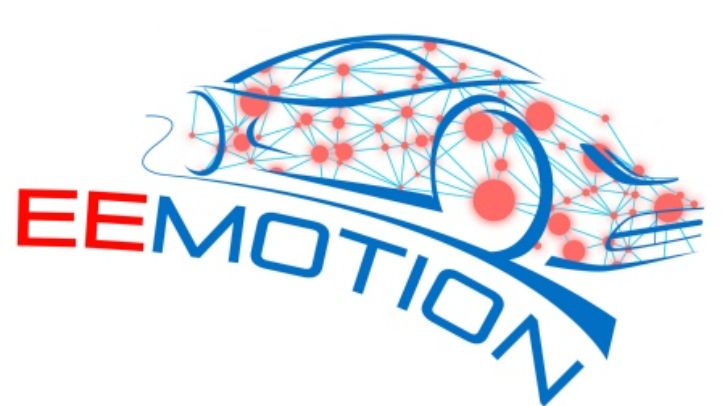ZF and Infineon Technologies have implemented AI algorithms for the development and control of vehicle software as part of the the EEmotion project, co-funded by the German Federal Ministry for Economic Affairs and Climate Action.
The AI algorithms have now been tested and proven in a prototype vehicle to control and optimize all actuators during automated driving. ZF has added AI algorithms to its two existing software solutions, cubiX and Eco Control 4 ACC, implemented on Infineon’s AURIX TC4x microcontroller (MCU) with an integrated Parallel Processing Unit (PPU).
This combination results in an efficient AI for better computing power, leading to enhanced driving performance and increased safety. The brands have also showcased how lane changes can now be more accurate with the help of AI in contrast to conventional solutions without AI.
Furthermore, the energy efficiency of driver assistance systems, such as adaptive cruise control, has also been increased. The improved performance with lower computing power demands will lead to cost-efficient Level 2+ assistance systems.
“The EEmotion funding project shows that our artificial intelligence-based algorithms provide our customers with new advantages: AI makes it possible for products to be equipped with new functions and to be developed faster and more efficiently,” said Torsten Gollewski, head of research and development at ZF.
“With our world-leading semiconductor products, software and services, Infineon enables customers to develop their own AI applications,” said Peter Schiefer, president of Infineon’s automotive division.


